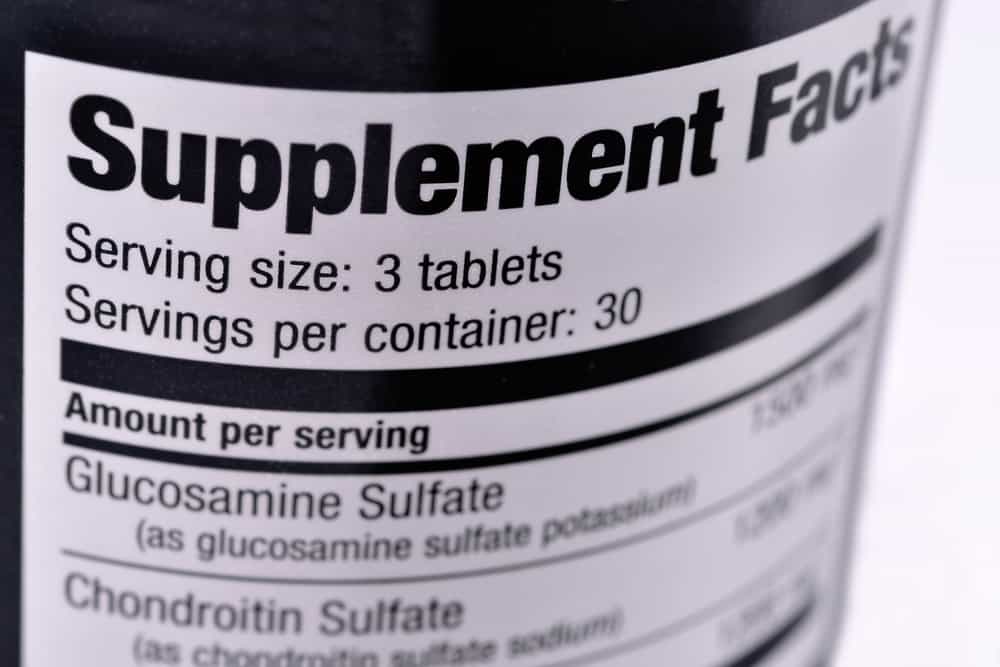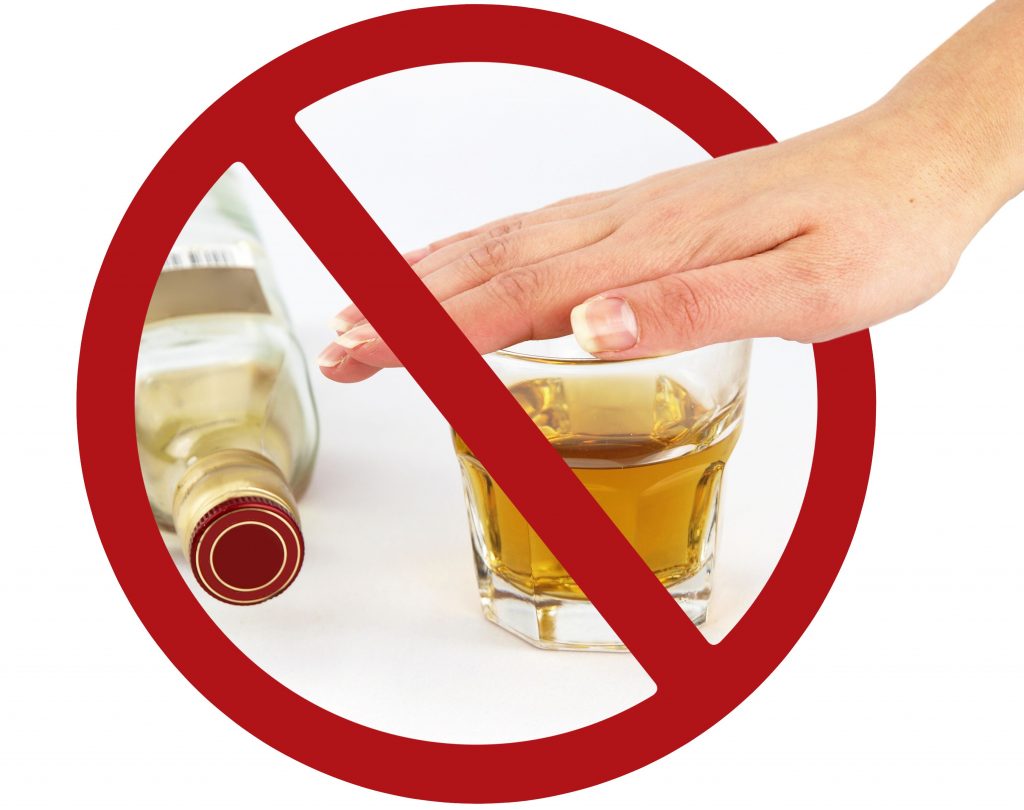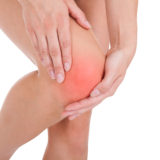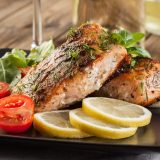

Whether joint pain and arthritis are new additions to your daily routine, or an old and familiar nemesis, the importance of finding a natural and healthy way to deal with the pain can be a necessary and exhausting pursuit.
Arthritis and joint pain can be nothing short of debilitating, and chronic pain can affect everything, starting with the small and slowly spreading to every interaction with the broader world.
Read on if you’re asking yourself “what can I take naturally for arthritis?”
No Thanks, Acetaminophen
Up until 2015, the easy remedy for joint pain had always been over-the-counter (OTC) pain relievers such as Tylenol, but time and research haven’t been favorable to acetaminophen, the active ingredient in many OTC pain relievers. According to a comprehensive review of acetaminophen-induced hepatotoxicity published in the Journal of Clinical and Translational Hepatology, acetaminophen is the “most commonly used analgesics in the United States and reportedly the most common cause of acute liver failure in the United States.”
That’s enough to keep us from popping a couple of Tylenol to deal with the next headache.
Taking more than 4,000 mg in a 24-hour period can cause liver damage ranging from abnormalities in liver function to acute liver failure, and potentially death (1).
Over 600 OTC medications contain acetaminophen, the most popular of which are most Tylenol brand products. Other brands include:
- DayQuil
- NyQuil
- Alka-Seltzer
- Sudafed
- Midol
- Theraflu (2).
What Can I Take Naturally for Arthritis and Joint Pain?
Given the risk of liver damage from OTC pain relievers, you may be scratching your head wondering, “what can I take that is natural and healthy for arthritis and joint pain relief?”
As we searched for the answer to that we naturally began asking more questions.
- What foods can help arthritis?
- What foods can make arthritis worse?
- And what are the best natural supplements for arthritis and joint pain?
Below we’ll illuminate some of the best natural foods, vitamins, minerals, and oils to relieve arthritis and joint pain. We’ll also explore what foods can inflame and exacerbate joint pain.
Hopefully this article provides a litany of natural, affordable, and easy to implement suggestions for managing your pain.
Take your pick and start with the few, or try introducing one at a time to isolate the effect and discover what individual elements work best for you before developing your own regimen.

- Glucosamine – If you’re paying attention to suggestions from the Arthritis Foundation, they advise those who suffer to introduce some glucosamine into their diets. Glucosamine, along with its sibling, chondroitin, are natural compounds found in healthy cartilage (3). Glucosamine is anti-inflammatory and helps aid cartilage regeneration. As far as practically introducing more glucosamine into your routine, the best solution is to take a glucosamine supplement. Natural Wellness’s Joint Support is all natural and specifically geared towards combating arthritis and joint pain.
- Omega-3s – One of Arthritis Foundation’s other solid, er, oil-based suggestions, touts upping your intake of omega-3 oils or taking supplements for joint pain and stiffness. Studies support the idea that fish oils are anti-inflammatory because they contain high levels of two types of omega-3 fatty acids – DHA (docosahexaenoic acid) and EPA (eicosapentaenoic acid) (5). The research suggests that EPA and DHA both reduce inflammation (5).
Get those precious omega-3s by either eating more fish or taking a fish oil supplement. Eating more fish is always a good idea, but doing so can get expensive, and not everyone has access to good quality fish. Taking a supplement is lighter on the wallet and ensures you’re getting the right amount your body needs (roughly 1.5 g for most adults according to the U.S. Dept of Health & Human Services).
- Ginger – In a trial of over 200 patients experiencing knee and joint pain, ginger extract was found to overwhelmingly reduce knee and joint pain in the experimental group versus the control group. Ginger has long been thought of as an anti-inflammatory agent, which makes sense that it helps relieve pain from arthritis. Ginger is also a fresh and bright ingredient to add to any stir fry or salad dressing; just make sure you chop or incorporate appropriately. Eating a raw chunk of ginger can be a shock to the palate.
- Vitamin D – Vitamin D is essential for joint support by providing anti-inflammatory and antioxidant relief to all forms of arthritis pain. You can get more vitamin D by eating more fish, beef, cheese, and egg yolk, but if you happen to be watching your diet or are a practicing vegetarian or vegan, one of the best vitamin D supplements for joint pain and stiffness is Natural Wellness’s Vitamin D3 supplement. Vitamin D3 will help with the pain while also supporting healthy immune function and maintaining bone density and strength.
- Turmeric – Turmeric is a flowering plant in the ginger family and is a key spice in Indian cuisine. Beyond the culinary application, turmeric provides anti-inflammatory benefits for your liver and throughout the body. Curcuminoids in turmeric prevent the actions of enzyme COX-2 in the body that is responsible for inflammatory reaction and the pain associated with inflammation.
We would never discourage you from indulging in a delicious curry, but taking a supplement is a more efficient way to ensure that you absorb the beneficial amount of turmeric. Natural Wellness’s Turmeric 95 is one of the most effective supplements for joint pain and stiffness.
What Foods Can Make Arthritis Worse?
Basically, anything inflammatory or anything that dehydrates you can exacerbate your arthritis.
The big offenders are alcohol and sugar, both of which are tremendously difficult for our bodies to process and break down.

Dairy, and animal fats, in general, can often irritate the tissue around joints (7). Going vegan, vegetarian or, at the very least, cutting down on animal fats can help alleviate and circumvent this irritation.
If you smoke tobacco or eat too much salt or preservatives in your food you may be setting the table for more joint pain. The principle is simple – smoke, salt, and preservatives dehydrate you (7). Less fluid in the body means more friction and less fluid movement in your joints.
If you smoke, we’re confident we’re not the first ones to suggest you quit. While quitting can be extremely difficult, doing so will help alleviate symptoms of arthritis and joint pain.
If you cook at home, try cutting back on the salt in your recipes and compensate with other spices. And if you eat out a lot, maybe grab the pepper shaker instead of the salt.
Conclusion
Health supplements, such as turmeric, and ginger are a great, natural alternative to alleviating pain from arthritis. What you eat matters, too. Some of the worst offenders are sugar and alcohol. You should avoid these two things if you’re not interested in aggravating your arthritis or joint pain.




